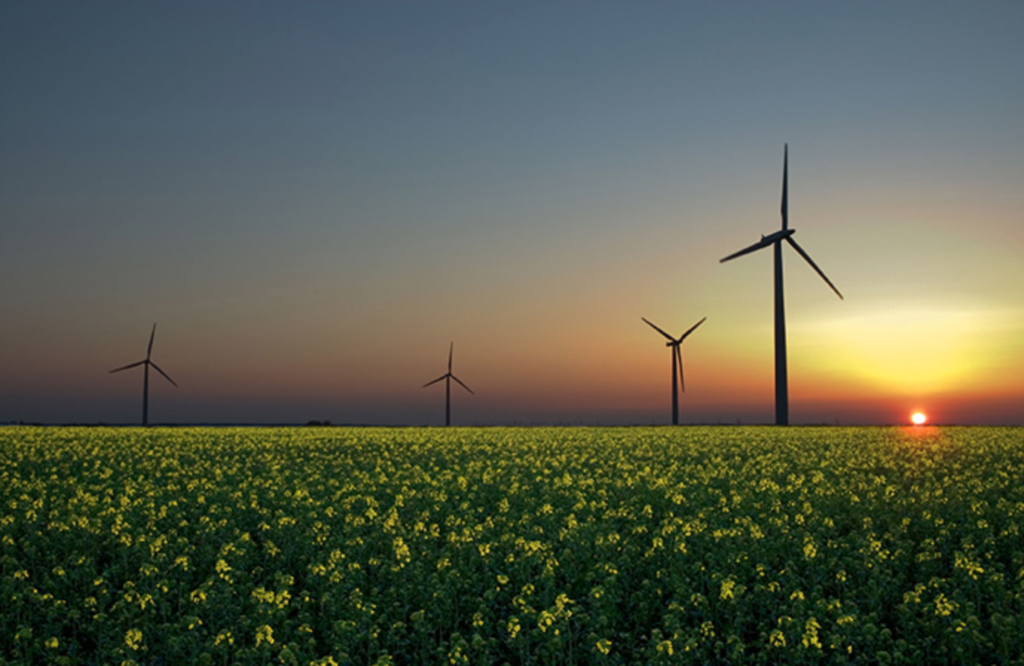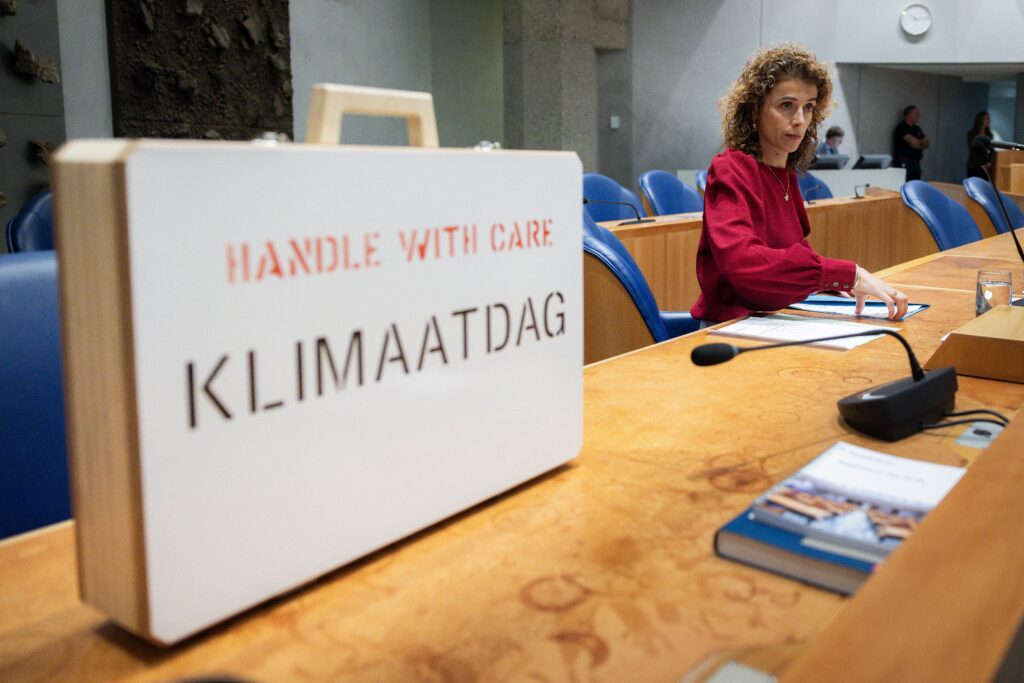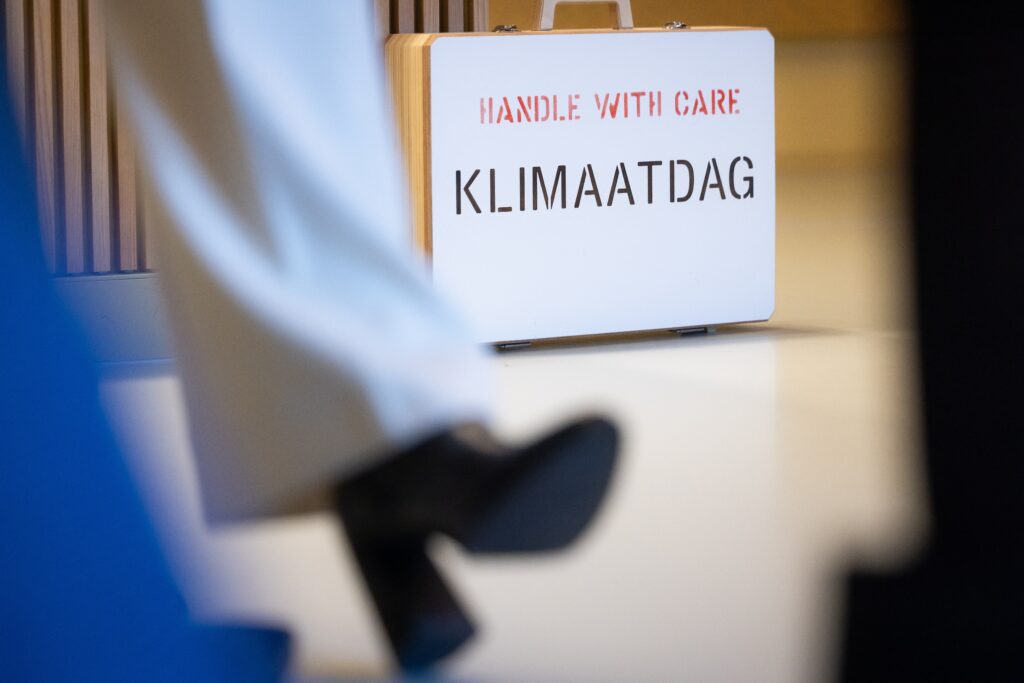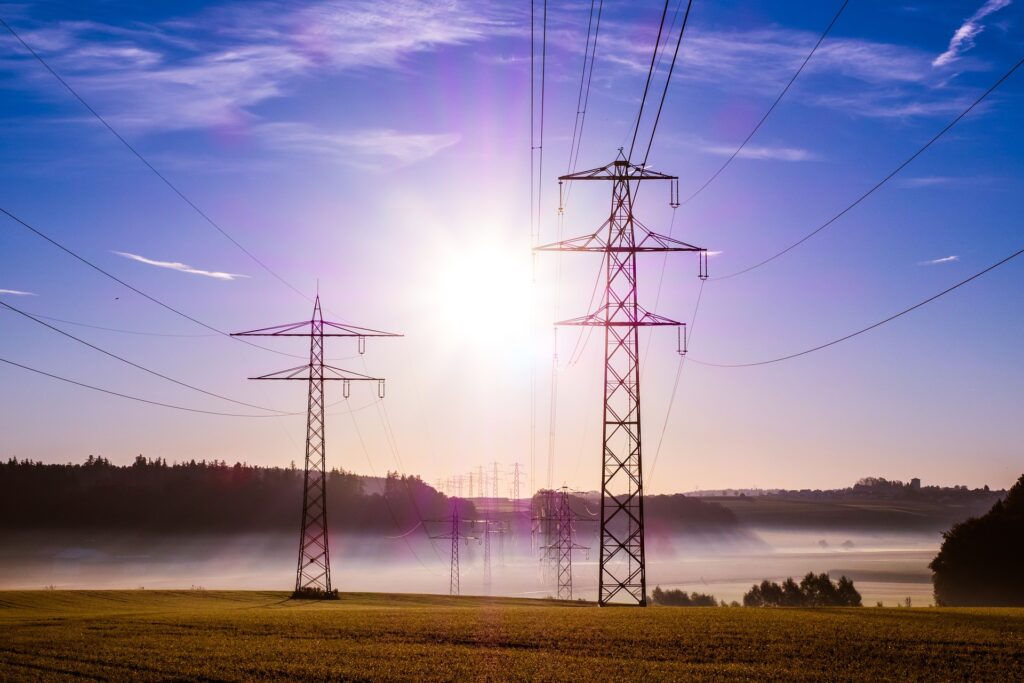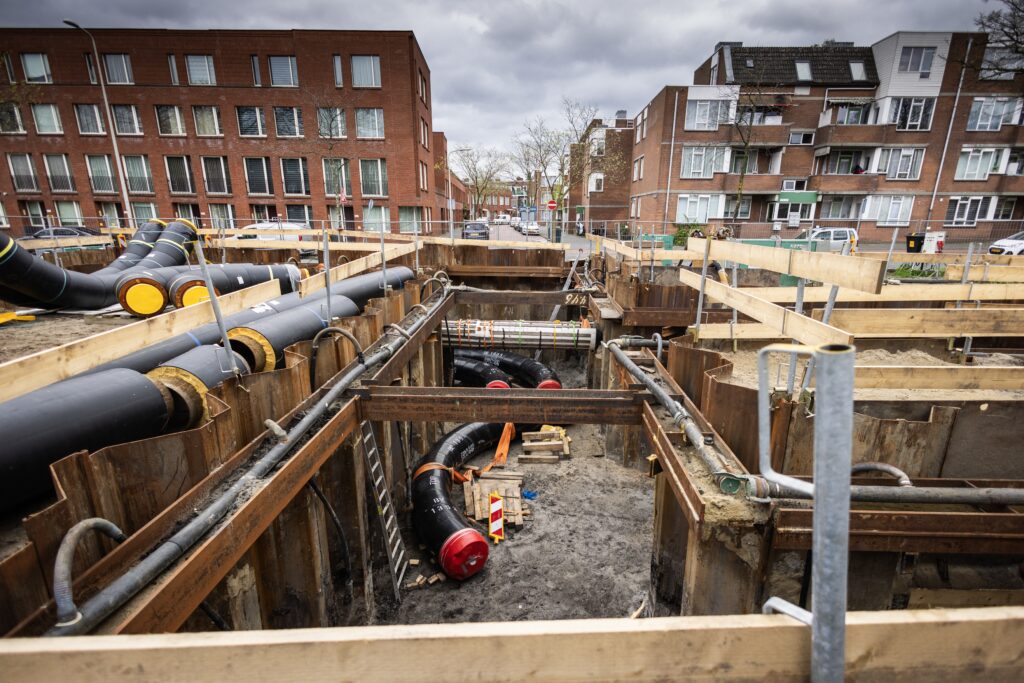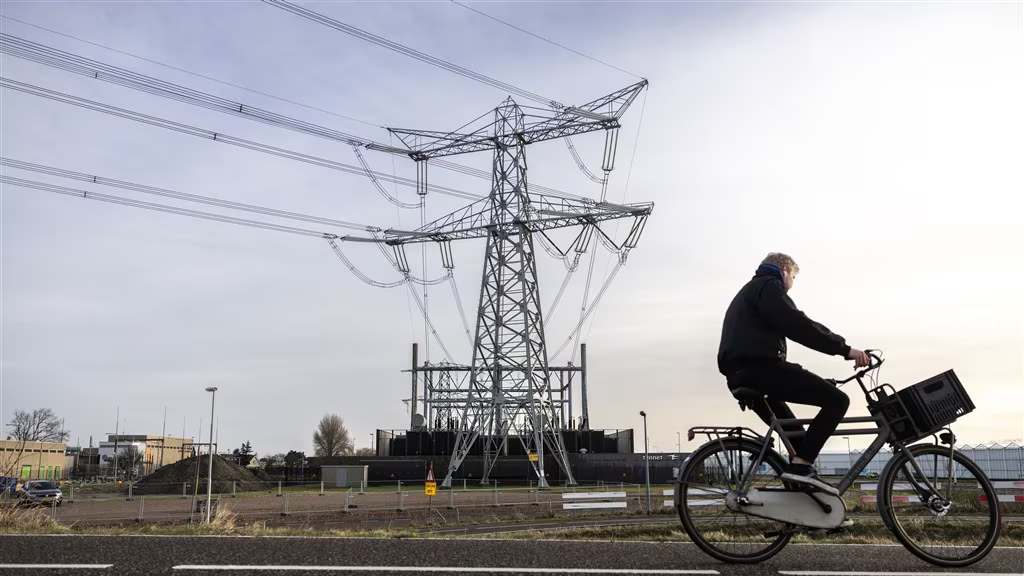Energie-Nederland, the branch association of energy companies, calls on the new House of Representatives not to wait for the formation when it comes to continuing the energy transition.
Chairperson Cora van Nieuwenhuizen: “I encourage the new factions not to sit on their hands while they wait for a new cabinet. We are in a hurry when it comes to the energy transition; we should not postpone anything we can do today. After all, everyone wants an affordable energy bill quickly and the ability to make the switch to sustainable energy.”
The branch association has ten recommendations for the new MPs:
- Combat energy poverty with targeted support Due to poorly insulated homes, approximately 1 million households have permanent payment problems. Insulating, installing solar panels, installing (hybrid) heat pumps or connecting to a heating network should be a simple choice. Schemes that encourage this must remain available.
- Reduce the energy tax on electricity The Netherlands has the highest energy tax in Europe. Almost 40% of household energy bills consist of taxes. The energy tax on electricity is twice as high as on natural gas. Reduce the energy tax on electricity. This makes it more attractive for households to switch from a gas boiler to a (hybrid) heat pump.
- Utilize the enormous potential of wind energy in the North Sea Offshore wind will be our largest source of energy. But without strong growth in demand for electricity, the price will fall. Therefore, encourage the electrification of industry, the built environment, mobility and the production of green hydrogen.
- Solar on the roof remains the growth engine We will not achieve the climate goals with only wind at sea and sun on the roof. Further growth of renewable production on land remains necessary. Solar on the roof remains the growth engine. The netting scheme can be gradually abolished because solar panels pay for themselves within seven years, even without a netting scheme. Households that want solar panels can best be supported with a purchase subsidy.
- Choose subsidy tenders for large-scale hydrogen production Hydrogen will play an important role in, among other things, making the industry more sustainable. However, without covering the unprofitable top, companies do not make investment decisions. There must be more certainty about the planning and scope of tenders and which permits are required. Build the hydrogen infrastructure at the same time. Don’t wait for the market, it will follow automatically if the preconditions are in order!
- Stimulate the industry In the coming years, the industry must switch to CO2-free energy sources such as green electricity or hydrogen. The high electricity grid rates only put a brake on electrification. Therefore, reduce grid rates for projects that place less strain on the grid. Set an explicit goal for electrification of the industry by adjusting the SDE ++ subsidy scheme for electrification so that not only the very best projects are eligible for subsidy, but a large number of them.
- Expand electricity grids as quickly as possible The electricity grid is overcrowded. Everything is needed: shorter permit processes, accelerated consultation procedures, training additional people, innovation among grid operators, etc. The existing grids must also be used as smartly as possible. Users are willing to help relieve the grid, but they must be offered the right contracts.
- Convert gas power stations For windless, cloudy periods, CO2 freely adjustable power is indispensable. Convert gas power stations to hydrogen power stations without losing sight of the competitive position compared to foreign power stations and give nuclear power stations certainty about future demand.
- Be realistic with natural gas Natural gas will still be needed in the Netherlands in the coming years. To prevent a recurrence of high gas prices in 2022, the government must urgently increase gas production from the North Sea. And if green gas has to replace part of fossil gas in 2030, then the target of 1.6 bcm is too ambitious. Be realistic and choose an achievable target for 2030.
- Accelerate the construction of sustainable heating networks Minister Jetten’s choice to give the heating companies a mandatory public majority interest is not necessary for affordability. It will delay the growth of connections by years. This cannot come as a surprise to the minister because this was already evident from research he had conducted in 2022. Let municipalities – who have plenty of other tasks on their plates – choose between a public, private or public-private partnership when developing heating networks.
Read the full ten recommendations from Energie-Nederland here.

